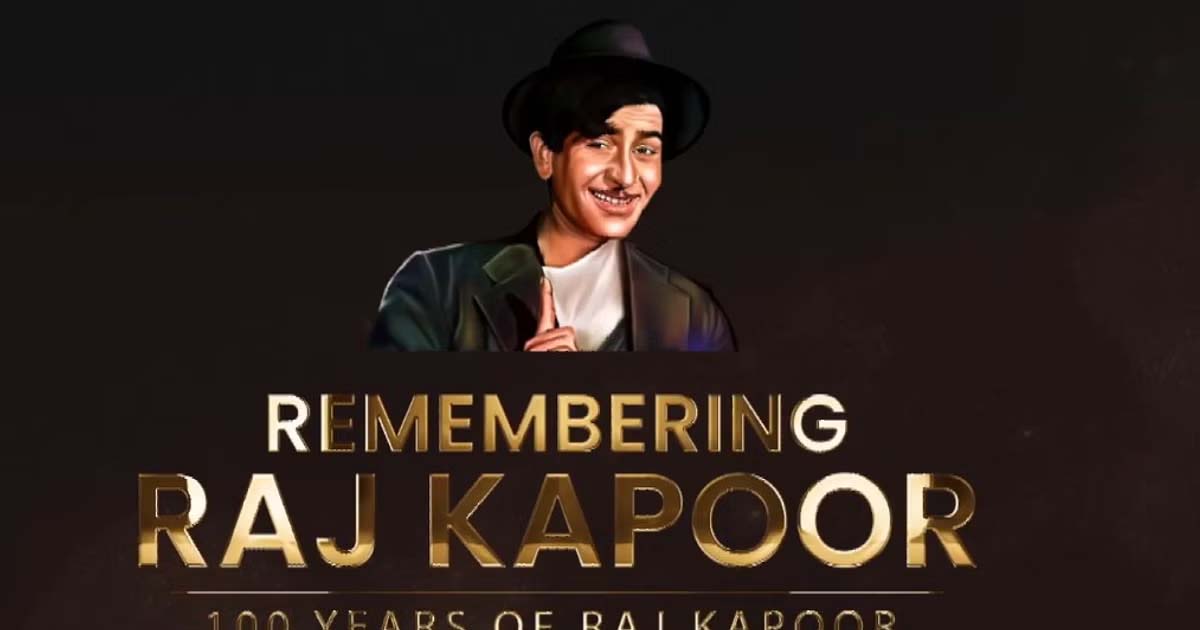PESHAWAR, Dec 15: On Saturday, cultural enthusiasts and film aficionados converged at the renowned Kapoor House in Peshawar to commemorate the 100th anniversary of the birth of iconic Bollywood filmmaker and actor Raj Kapoor.
A standout moment of the event, underscoring Peshawar’s rich cinematic heritage, was the ceremonial cutting of a cake in honor of Kapoor’s centenary — a pivotal figure in Indian cinema.
Attendees also celebrated the World Bank’s announcement to allocate Rs 100 million each for restoring the ancestral homes of Raj Kapoor and fellow Bollywood icon Dilip Kumar. These homes, situated near the well-known Qissa Khawani Bazaar, serve as cherished symbols of Peshawar’s deep-rooted connections to Indian film.
The gathering, co-hosted by the Cultural Heritage Council (CHC) and the Directorate of Archaeology Khyber Pakhtunkhwa, advocated for larger commemorative events to honor Kapoor’s legacy. Participants emphasized his strong ties to Pakistan, where he was born in Peshawar’s Dhaki Nalbandi, and lauded his lasting impact on cinema.
The chief guest for the event was Muhammad Hussain Haidery, Secretary of the Pak-Iran Trade and Investment Council.
Born on December 14, 1924, Kapoor was the son of legendary actor Prithviraj Kapoor. Over his remarkable 40-year career, he created timeless classics such as “Awara,” “Barsaat,” “Shree 420,” “Sangam,” and “Mera Naam Joker.” He passed away in 1988.
Ibrahim Zia, a distinguished writer and researcher focused on the Indian film scene, showcased rare photographs of Raj Kapoor from his childhood and adolescence in Peshawar.
He also provided insights into the actor’s illustrious journey that began in the 1940s.
Zia emphasized Kapoor’s versatility across various genres, from romance and comedy to tragedy, which earned him the title of the “Greatest Showman of Indian Cinema.”
The Kapoor House is located near the ancestral homes of Dilip Kumar and Shah Rukh Khan, linking two generations of Indian cinema legends to Peshawar. With Dilip Kumar’s celebrated naturalistic acting and Shah Rukh Khan’s modern-day stardom, both further highlight the city’s historical significance in the realm of Indian film. (PTI)


Leave a Reply